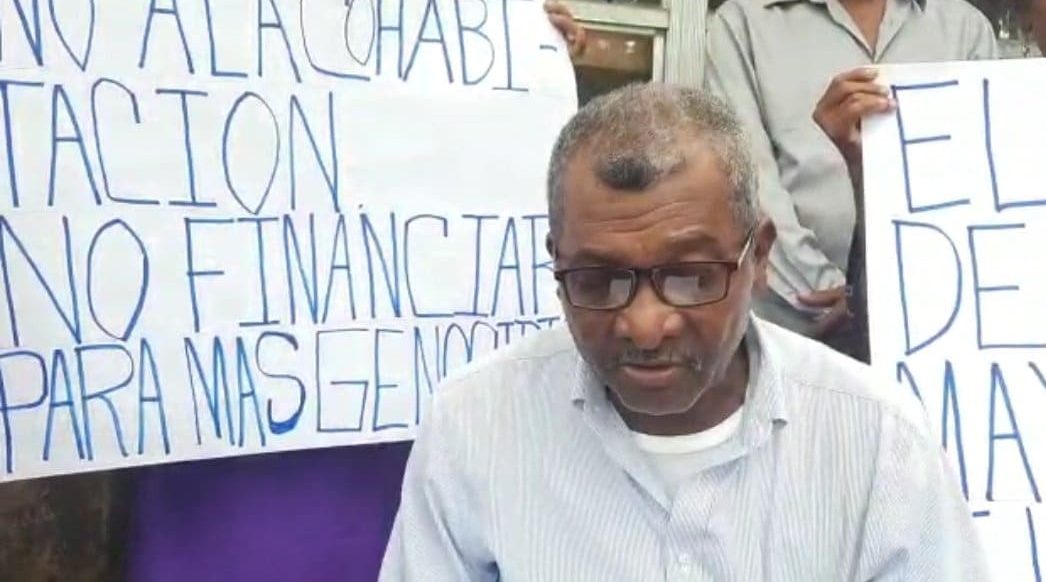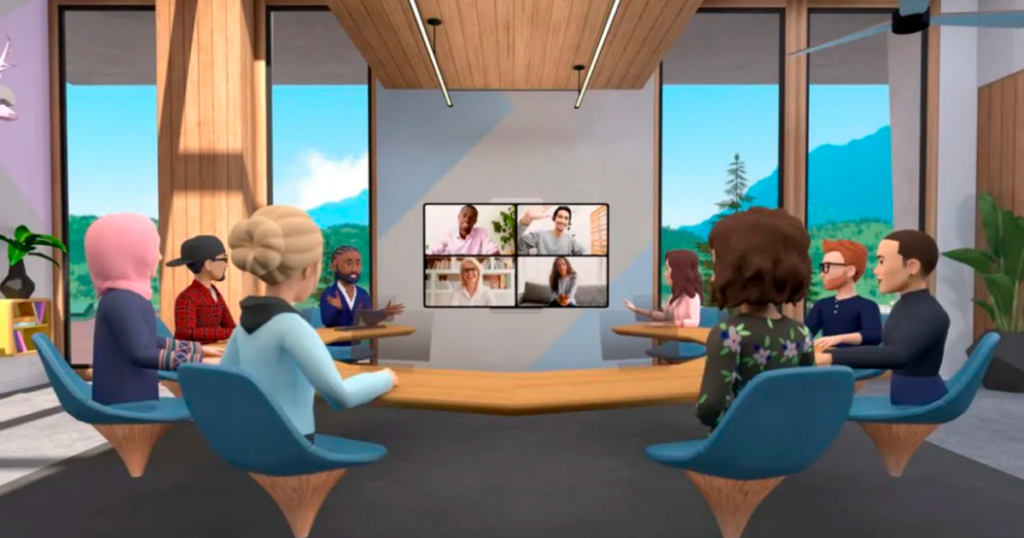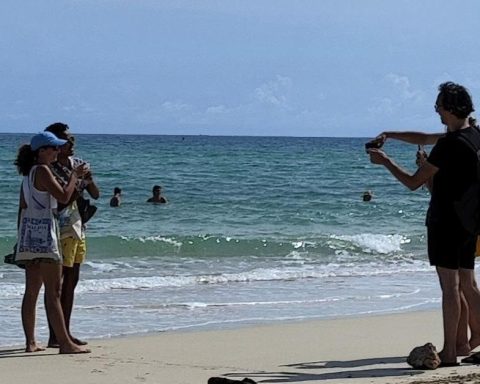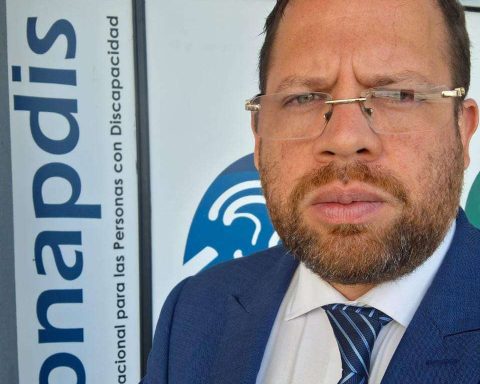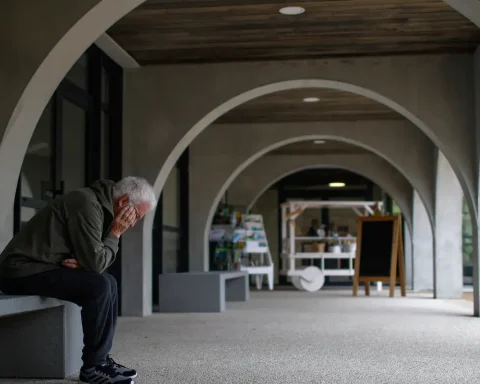The Council of Elders of the Moskitia, a customary and ancestral authority in the Nicaraguan Caribbean, demanded “prior, free and informed consent” before the visit carried out in Nicaragua by the Independent Reparation Mechanism (IRM, for its acronym in English) of the Green Climate Fund (GCF), as part of the “compliance investigation” that was opened to the Bio-CLIMA program, approved in 2020 for Nicaragua.
“The right to free, prior and informed consent is sacred. It is a process that must include all members of the communities that may be affected by the decisions that are going to be made. The discussions must be broad and the people must elect their own representatives, without the interference of any government structure, and our representatives must be respected both in their points of view and in their personal integrity,” the Council of Elders said in a statement. pronouncement.
He denounced that “at this stage of the process, there are many communities that do not know what the proposal contemplates” of the Bio-CLIMA program; which, they considered, is unheard of.
In this context, the Council urged that the consultations of the project be extended to the communities and that more time be given so that all the community members are better informed to analyze the proposal made by the Government. They also requested that independent representatives from each of the communities be included in the consultations and discussions with the IRM.
CONFIDENTIAL learned that the IRM began on June 20 in Nicaragua a series of meetings with the different sectors that would be affected by the Bio-CLIMA program. Also, he found out that the ancestral authority was not invited, this June 23, by the Government of Nicaragua to a meeting convened as part of the investigation carried out by the IRM.
The Council of the Elderly of the Muskitia speaks out before the visit to Nicaragua of the #MRI of #GreenClimateBackground. The visit corresponds to the investigation process carried out by the #MRI to the project #BioClima presented by the regime before this fund that comes from the @UNFCCC. I open thread pic.twitter.com/azGOfqzz0p
– Amaru Ruiz (@AmaruRuiz) June 23, 2022
The Bio-CLIMA program
The project “Bio-CLIMA: Integrated climate action, to reduce deforestation and strengthen resilience in the biospheres of Bosawás and Río San Juan”, was approved on November 13, 2020 for Nicaragua. Its objective “is to restore degraded forest landscapes” in these reserves, and “promote sustainable management of land use and forest management.”
The accredited entity of the Bio-CLIMA project before the Green Climate Fund is the Central American Bank for Economic Integration (CABEI) and the executing entity is the Government of Nicaragua. The total cost of the project is 116,642,213 dollars, which includes financing from the Green Climate Fund and co-financing, with CABEI loans and grants from the Global Environment Facility.
In approving the project, the Board of Directors of the Green Climate Fund imposed special conditions to protect indigenous communities, provide an opportunity to alleviate some of the risks and ensure its proper implementation. Some of the conditions include the implementation of Free, Prior and Informed Consent (FPIC), and the selection of third parties in charge of independent monitoring of project execution.
4- They ask for justice and reparation for human rights violations to their peoples and more see part of the video. #SOSNicaragua. pic.twitter.com/mjHRAg1GHG
– Amaru Ruiz (@AmaruRuiz) June 23, 2022
Regime did not comply with previous agreements
However, these conditions were not met by the Government of Nicaragua. The IRM opened an investigation into the Bio-CLIMA program following a complaint filed by people or organizations that requested confidentiality, in which it was pointed out that before the approval of the project, there was no adequate consultation with the communities, not even free consent, prior and informed.
The IRM explained in an evaluation report that the investigation into the Bio-CLIMA program contemplates the collection of “information, as appropriate, from all interested parties and affected witnesses, including the complainant or complainants, the Secretariat of the Green Fund , the accredited entity, the executing entity and other independent panels of the Fund”.
They stressed that the investigation would include “reviews of documents, meetings, discussions, site visits, collection of evidence and expert opinions,” including visits to the country, to meet with the different sectors that would be affected by the project.
At the conclusion of the investigation, the Mechanism will prepare a report to present it to the Board of the Green Climate Fund and this “will include the recommendations on corrective measures, if any, and that they are appropriate, in light of the conclusions.”
Government of Nicaragua “threatens” communal and territorial autonomy
The Council of Elders, in its statement, also denounced that the Government of Nicaragua imposes communal and territorial authorities, pointing out that this is the “greatest threat to community autonomy, to our ways of life, and to the forests that exist in our territories.” .
In addition, they warned that the justice demands of the communities must be resolved before “granting rights to settlers five years after having violently entered our territories and even giving leases”, since, they consider, that granting rental benefits on ancestral lands means “legalize and legitimize the violence, injustice and dispossession of the pact that the settlers carry out right now.”
The ancestral authority pointed out that “a process of reparation of the integral damage that the communities have suffered as a result of the invasions must begin, since the lease does not offer an opportunity for a solution, only compensation, but halfway, because what makes sense for the communities is to reoccupy their forests as part of comprehensive reparation and compensation.”
“Leasing can be an option in those communities where all their sons and daughters, in assemblies, decide to rent their land, but there must be other options for resolving property conflicts that include regularization, progressive eviction, the possibility that the communities recover their lands from those who rent them, and the possibility for communities to carry out traditional activities (harvesting wood, hunting, collecting medicinal plants, religious rituals, etc.) in leased areas”, highlighted the Council of Elders .
He also recommended that the costs of the lease be “fair”, stressing that these could be “between 25% and 35% of the benefits that the settlers can generate from our lands. Otherwise, the payment is very symbolic and does not compensate for the opportunity cost or the loss of our livelihoods.”
